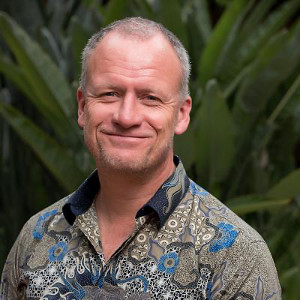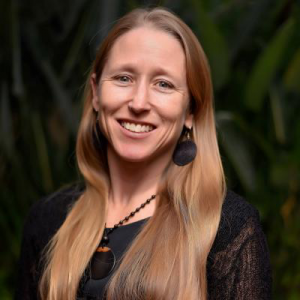Description
The project will develop an earth Observation (EO) assisted platform to provide evidence on key indicator sets directly relevant to IFAD’s Results and Land Management Systems (RIMS), with particular focus on indicators related to the sustainability of land management practices and technologies and extent of ecosystem degradation. The direct target groups supported by this project will include the target groups of six IFAD projects in Kenya, Uganda, Malawi, Lesotho and Swaziland, national stakeholders (primarily the Rio Convention National Points) and other development donors to access, analyses and use EO data to improve decision-making and the targeting of agricultural technologies. At least 30 National stakeholders and loan project staff will be trained by ICRAF staff to implement the Ecosystem Health Surveillance System (EcoHSS) at project and national level, to interpret soil health hotspots to identify and evaluate interventions to overcome these hotspots and to use the dashboards for monitoring and evaluation. Linkages to baseline assessment and use of EO data analysis will be key to improve the timelines, accuracy and use of data for monitoring and evaluation and impact assessments. At least 15 IFAD country staff will benefit from the use of EcoHSS in supporting country strategic opportunities programme (COSOP) development using EO to identify long-term trends that will need to be addressed in future projects. The indirect target groups of this large grant are small-scale agricultural farmers especially women and marginalized groups that are targeted by the investment programmes in the five ESA countries (Kenya, Lesotho, Malawi, Swaziland, and Uganda) who will have increased access to appropriate and affordable options for improving their crop production and for linking to input market linkages. The six selected projects are targeting a total of almost 800,000 households.


























